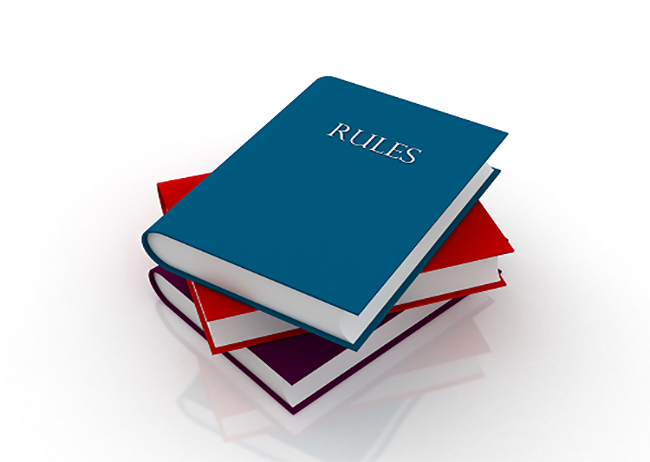Blog

An important rule
/ 08.May, 2012The Rules of Professional Conduct, as our courts have repeatedly held, cannot form the basis for a professional liability action, but they can be a good guide for staying out of trouble. One of the best rules, in terms of helping attorneys stay out of trouble is Rule 1.4- Communication.
Pursuant to Rule 1.4:(a) A lawyer shall: (1) promptly inform the client of any decision or circumstance with respect to which the client’s informed consent, as defined in Rule 1.0(e), is required by these Rules; (2) reasonably consult with the client about the means by which the client’s objectives are to be accomplished; (3) keep the client reasonably informed about the status of the matter; (4) promptly comply with reasonable requests for information; and (5) consult with the client about any relevant limitation on the lawyer’s conduct when the lawyer knows that the client expects assistance not permitted by the Rules of Professional Conduct or other law. (b) A lawyer shall explain a matter to the extent reasonably necessary to permit the client to make informed decisions regarding the representation. (c) A lawyer in private practice shall inform a new client in writing if the lawyer does not have professional liability insurance of at least $100,000 per occurrence and $300,000 in the aggregate per year, subject to commercially reasonable deductibles, retention or co-insurance, and shall inform existing clients in writing at any time the lawyer’s professional liability insurance drops below either of those amounts or the lawyer’s professional liability insurance is terminated. A lawyer shall maintain a record of these disclosures for six years after the termination of the representation of a client.
Making certain that your client has sufficient information (preferably in writing) to make “informed decisions” regarding the representation will go a long way in making certain that client expectations are controlled. Controlling client expectations goes a long way to avoid legal malpractice claims (warranted or not).


Comments